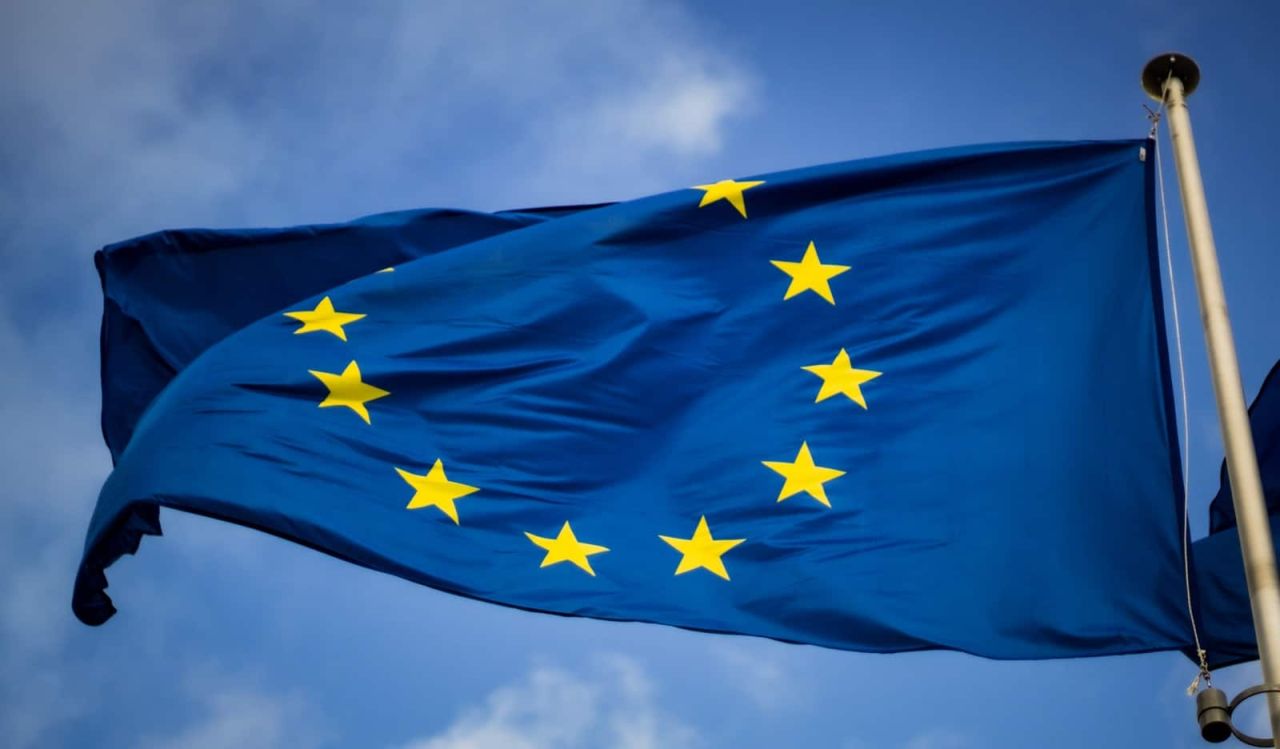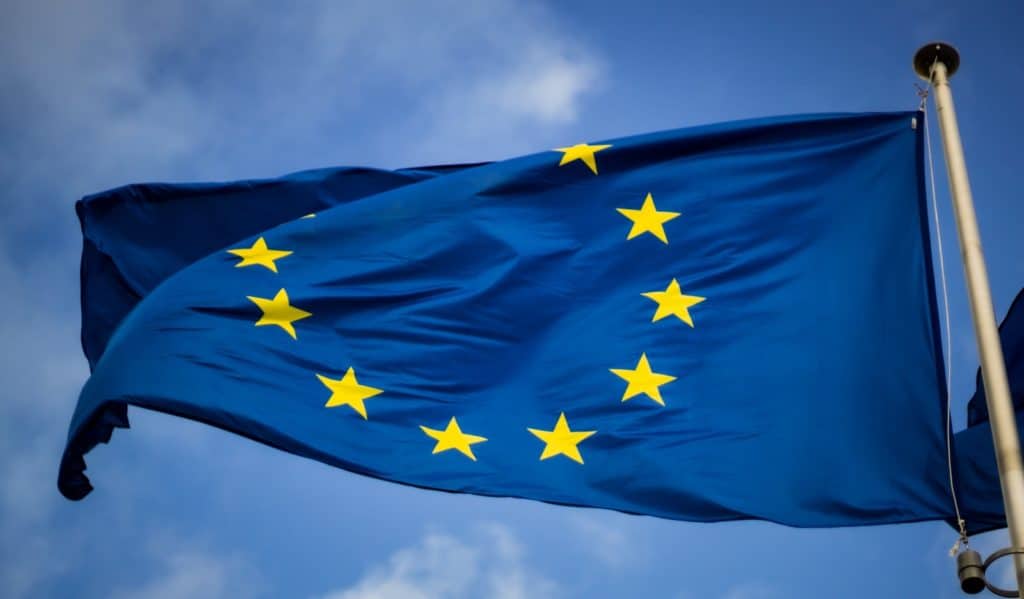What is the 6th Anti-Money Laundering Directive?

Wow, 5MLD was nearly done and now the EU announced a sixth directive. EU money laundering directive is more sophisticated and extends criminal liability. We summarise here the five key elements. The new 6AMLD is due to be transposed into regulated entities and national law by December 2020. The 6AML will apply to crypto too.
In the past years, we have seen successive money laundering scandals on European soil where judicial supervision had trouble chasing tax crimes. 6AMLD is needed to provide greater clarity and harmonisation across EU member states and link it to UK legislation too. 6AMLD, as a new money laundering directive, will also serve to increase member states’ obligations when it comes to making reports.
What are AML requirements?
1. Dual criminality for specified offences & greater co-operation
European member states’ competent authorities will highlight six offences in an organized crime group racketeering, terrorism, human trafficking and migrant smuggling, sexual exploitation, illicit trafficking in narcotics and psychotropic substances, and corruption. This will include cybercrime-related sources.
2. Harmonisation of money laundering offences
The new 6AMLD lists 22 specific predicate offences, which are particular criminal activities that serve to enable more serious crimes. With the introduction of 6AMLD, there is now a single definition of predicate offences across all EU member states. To combat money laundering firms will have to collect corporate information digitally. Asking for financial proceeds and potential money laundering activity information is always a challenge for banks and asset managers. Regulated bodies of course are trying their best to prevent criminal prosecution but it’s difficult to get the real info. Perhaps gamified and financial incentives could convince potential corporate offenders to play the game!
European Union money laundering offences and criminal penalties
- Corruption and tax crimes relating
- Counterfeiting and piracy of products
- Counterfeiting currency
- Environmental crime…
- Extortion
- Forgery
- Fraud in domestic legislation
- Human trafficking and migrant smuggling
- Illegal arms trafficking
- Illicit trafficking in narcotics and psychotropic substances
- Insider trading and market manipulation and public funding
- Kidnapping and hostage-taking
- Murder and grievous bodily harm
- Participating in an organized crime group or racketeering
- Piracy
- Robbery and theft
- Sexual exploitation
- Smuggling
- Tax crime relating to both direct and indirect taxes
- Trafficking in stolen goods
Tracking – email marketing tools will be mandatory to ask more questions to prospects and clients.
3. Extension of criminal liability to legal persons and commercial activities
The biggest change is the extension of criminal liability to legal persons for example companies. EU members state will enforce sanctions that may range from a temporary ban to permanent closure. Consequently, individuals in key positions can also be held accountable for failings, such as inadequate supervision, control, or oversight which results in money laundering and face additional sanctions.
Cessation of funds is an example in the EU directive of sanction. The directive stipulates to end of business relations with any bank or financial institution who will have willfully failed to apply due diligence in their publicly available policies for preventing money laundering or terrorist financing.
Essentially, it means that the burden of proof now lies with the legal person to demonstrate that they took sufficient steps to prevent money laundering from taking place.
With this COVID-19 and debt situation, we can also imagine that EU member states will create a centralised legal proceedings database to facilitate anti-money laundering data and enforce tougher punishments.
4. A tougher punishment regime for a criminal offence
These increased sanctions are in line with the ECAF ( European Council Anti-Money Laundering) recommendations from December 2017. They also fit into the new EU AML Directive which is set to come into effect this month, June 2018.
5. Additional offences such as aiding financial crime
6AMLD broadens the scope of money laundering offences. As a result of the above measures, the European Commission has adopted a package of rules to criminalise money laundering and terrorist financing. The regulations implement, in principle, the existing directive by extending its scope to cover all activities which could raise concerns over their criminal purpose and increasing the maximum penalty for money laundering and terrorist financing offences from 1 to 10 years.
6AMLD contains far fewer changes than 5MLD. It requires businesses to be a lot more proactive and more cooperative with the financial sector. The new regulation is upgrading existing legislation.

The next step is to convince legal persons in your team that CRM will help to tackle financial crime
Obviously, the extension of criminal liability to companies and business leaders alike makes it imperative that compliance gaps are identified and rectified fast. AML regulation is always a big topic for companies and banks as they have little flexibility on the CRM and KYC tools.
We are happy to help with InvestGlass as we are cooperating with financial institutions to tackle money laundering through systematic CRM automation for legal purposes.
Fintech Automation for Remediation is key to regulatory burden and the solution for regulated businesses
Financial institutions can now leverage pre-built templates with InvestGlass solutions and connected tools such as Polixis ARDIS or Onfido directly connected to InvestGlass CRM. The bundle offers a ready-made tool to cope with the 6th anti-money laundering directive for automated remediation. Further AML regulation will come and with the open – stack you will have the flexibility to extend to new directive measures.